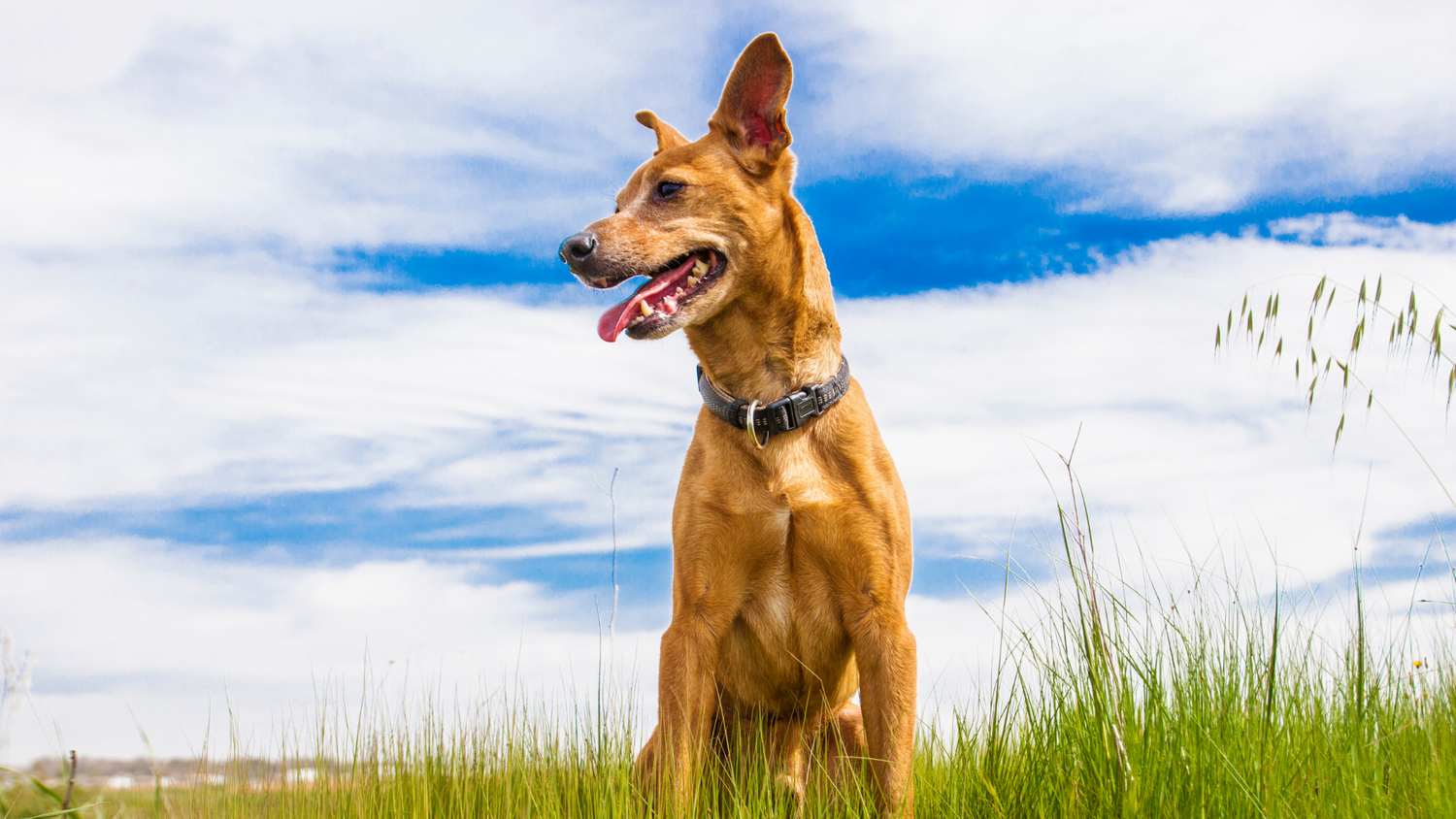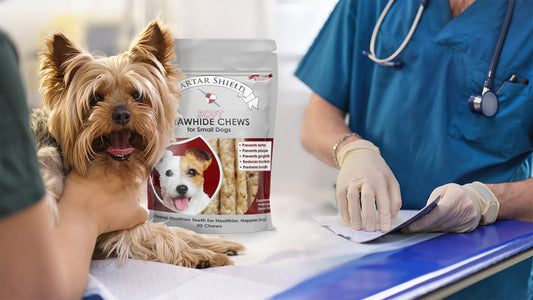Spring is on the way and with the changing seasons comes new responsibilities for pet owners. This is good news for pet owners who dread the cold but also want to enjoy their time outdoors with their furry friends. However, not all spring activities are appropriate for our pets.
Spring typically brings warmer weather which can mean increased exposure to fleas, ticks, and other parasites. The change of seasons brings different types of dangers for pets so being prepared can help keep them safe!
Beware of ticks and fleas
Spring and summer can be great times to get outdoors and enjoy the weather with your furry friends, but it also means that ticks will soon be appearing in larger quantities. Fleas and ticks can be quite irritating to pets, but they are also carriers of many diseases that can be transmitted to humans.
Fleas primarily live on animals, but ticks can also latch onto humans. It is important for pet owners to do their best to protect their pets from these pesky creatures with a few simple steps. To protect you and your pet from getting bitten by ticks, we recommend using a topical tick repellent, chewable treat or a flea and tick collar.
Keep an eye on your pet's paws
The change of seasons means you might be spending more time outside with your pet, but it also means that the ground is wet and muddy. Paws are at risk for injury, infection, or even frostbite. Keep an eye out for signs that your pup may need some help to protect their paws - heavy panting, licking paws excessively, and limping.
If you notice these signs it's time to head inside! Paw balms can help prevent damage to both cats' and dogs' skin while repairing sore, damaged or cracked paws.
Be careful of flowers, plants, and trees
Spring is the time of the year when flowers, plants, and trees start to grow. Along with all the beauty these creatures bring to your yard comes their potentially harmful side effects. Animals that may chew or lick these items may be at risk of ingesting them and experiencing negative side effects.
The amount of harm that can come from this depends on what was consumed by your pet, including vegetation, seeds, pollen, sap, thorns, fruit peelings, berries, grass or leaves. A great tool for any pet owner is PetPoisonHelpline.com; which features an extensive poison list for all pets and even a 24-hour hotline for help if your normal vet office isn't open.



